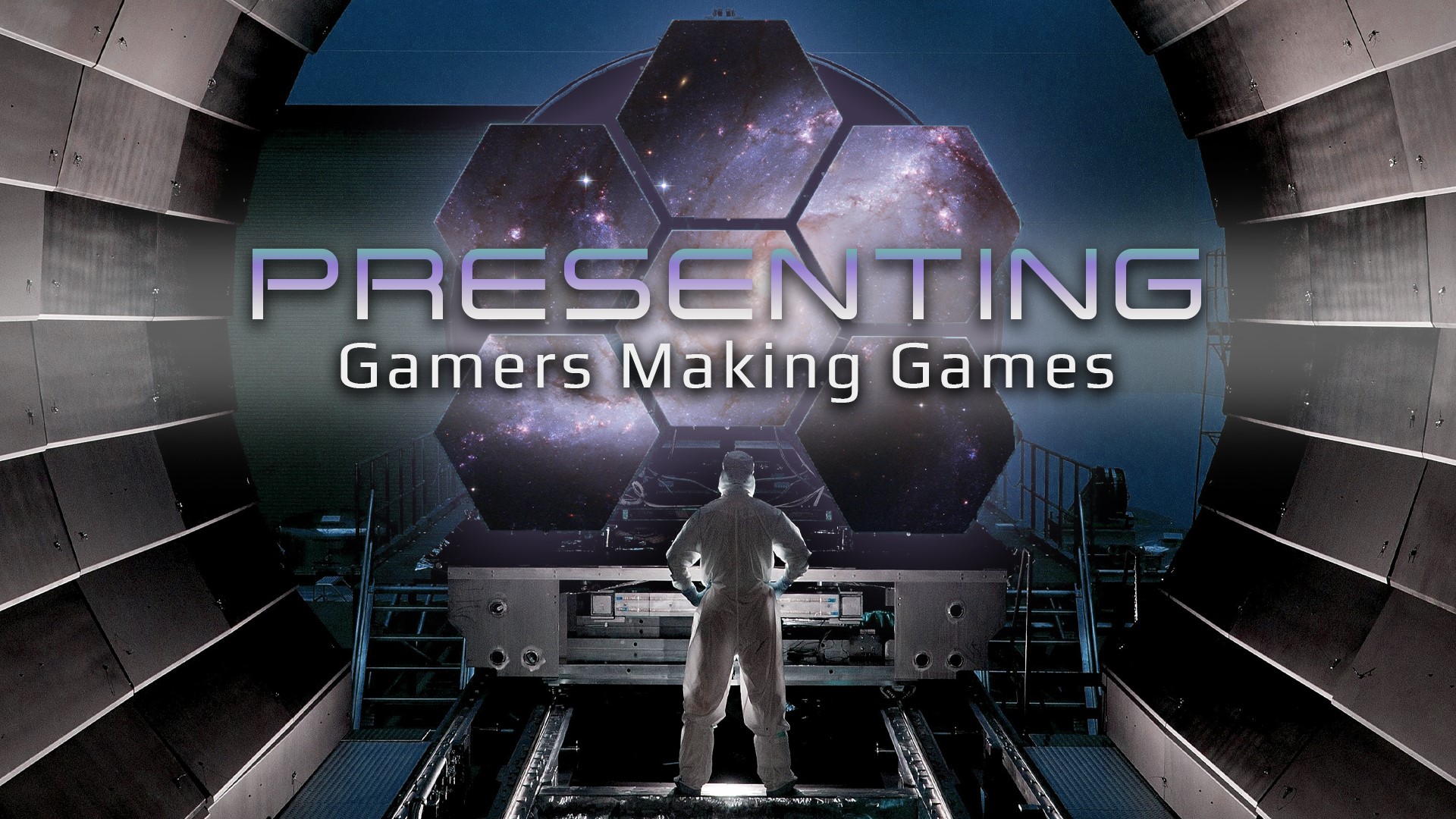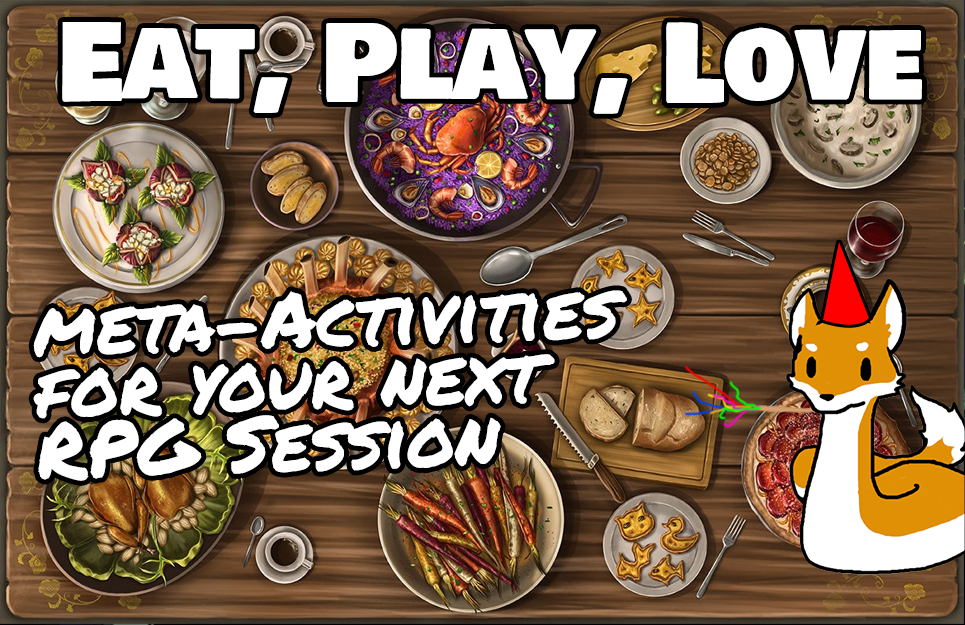By Hilary Moon Murphy
I always tell people that volunteering is a real life level-up. Or maybe even a cheat code, because it allows you to enjoy the things you love in a whole new way by sharing them with others. Volunteering in Organized Play (whether for Paizo or other RPG competitors) is a nifty way to dive deep into a cool global community of gamers, and make lots of friends along the way. You get to see behind-the-scenes stuff, and get to know campaign leadership. Plus, sometimes you can have a cool title like “Venture Agent” which I always thought made me sound like a badass spy.
But what happens if you wear out, or find that you cannot continue? Sometimes we move, or face increased demands from family and work. Sometimes we need a break. Because real life happens to us all, I am going to suggest that you plan for your eventual exit and retirement as a volunteer, building up a community of others to replace you or provide much needed support.
EARLY DAYS — Dipping your toes in
About five years ago, I fell in love with PFS organized play. PFS came at a time when I was ready to give up on gaming. I was tired of dysfunctional gaming groups where everyone was out for their own thing and there was no real plot except killing creatures and taking their stuff. My very first PFS scenario was Trial by Machine, a deadly scenario for a bunch of first timers just starting out. Still, the group we were in showed teamwork and perseverance, and we all came out alive and with the mission accomplished. I was hooked.
Soon, I was GMing my own games. Not just in person, but also through a medium that I had never tried before, Play-by-Post. I became a regular on the Paizo boards, where I started to get to know the other folks who were organizing games. To my surprise, I loved just about everyone I met through PFS, so I started reaching out more and more to the community that had brought me joy.
I was a baby volunteer whose enthusiasm was unencumbered by experience or responsibility. Like most baby volunteers, I was full of ideas and energy. I started conversations on the Paizo Boards about GMing. I helped schedule events at a local store where I played, just because I wanted games to happen. I didn’t know anything, and so I had no idea what I could or could not do. Baby volunteers don’t know what has been tried before. They don’t know all the rules and traditions that dictate things. It’s also their greatest strength. If they don’t know that something cannot be done, sometimes they manage to do it!
HITTING YOUR STRIDE
People with ideas, energy and community spirit get noticed. They get tapped for leadership jobs. Sometimes it means being a host at a gaming night who greets people, or the person who runs HQ at a local convention. Sometimes it means an official title as a Venture Officer. By this point, you’ve learned the rules, and maybe you’re even training others. Usually around this time you’ve also hit a few speed bumps. You’ve had to deal with conflicts with problematic players, or perhaps a culture clash even within your organization where you and other volunteers had to work out a difference of opinion. The important thing is that you’re solving problems and helping people.
This is when I suggest that you start setting modest goals, and let others know about them. Your goals can be small. Maybe you can encourage your regulars to GM quests at a local convention. Or maybe you want to be able to offer two or three tables of gaming on a game night. Or maybe you just want to develop a better relationship with the venue hosting you, or figure out ways to make your group more welcoming to diverse groups of gamers. It’s okay for your goals to morph and change with your needs, or to expand as you grow. The most important goal that I will suggest to you is to train your replacements.
This is the point when you need to build out your organization and help others step-up. Look around the gaming room, and ask people who are friendly and knowledgeable players if they would like to GM, or be the person who greets others. Ask for help, and give others the chance to grow. Having lots of casual volunteers who GM or help out creates an environment that encourages others to step up, and makes your group easier to run. Not only that, but when more people share in the work, everyone’s more invested in it. The key is to find good people, offer them your trust, and then recognize them for the work they do.
EXIT STRATEGIES
I’ve always found it easy to leap into volunteering, and much harder to step away. But eventually, there will come a time where you might ask yourself if it’s time to step away for a while. Are you exhausted? Are you running out of new ideas, or retreading the same things over and over? Are there other things going on in your life that you need to pay more attention to? Have you completed some of your goals? Are there other volunteers who are ready to take your place? If most of your answers are yes, maybe it is time to prepare to step down. Talk to your fellow officers about what you are thinking and open the conversation. Maybe you just need a break for a few months to find your joy again.
Last May, I made a tough decision. I told my team of volunteers that I wanted to hang up my Venture Captain tiara and step down from Organized Play. I had completed my goals, and my freelance career was just starting to take off. The time was right for a change. But also… I have trained a good group of people that I trust, and I want to give them their chance to shine!
About Hilary Moon Murphy
Hilary Moon Murphy, aka Hmm, is a freelancer, a forum junkie, and a soon-to-be-former Venture Captain. When she resigned from her Venture Captain seat, her region declared that she had to resubmit her resignation as a filk. Her most recent freelance work can be found in Alien Archive 3 and a backmatter article on “Psychic Magic” in the Starfinder Adventure Path 23: Hive Minds.






